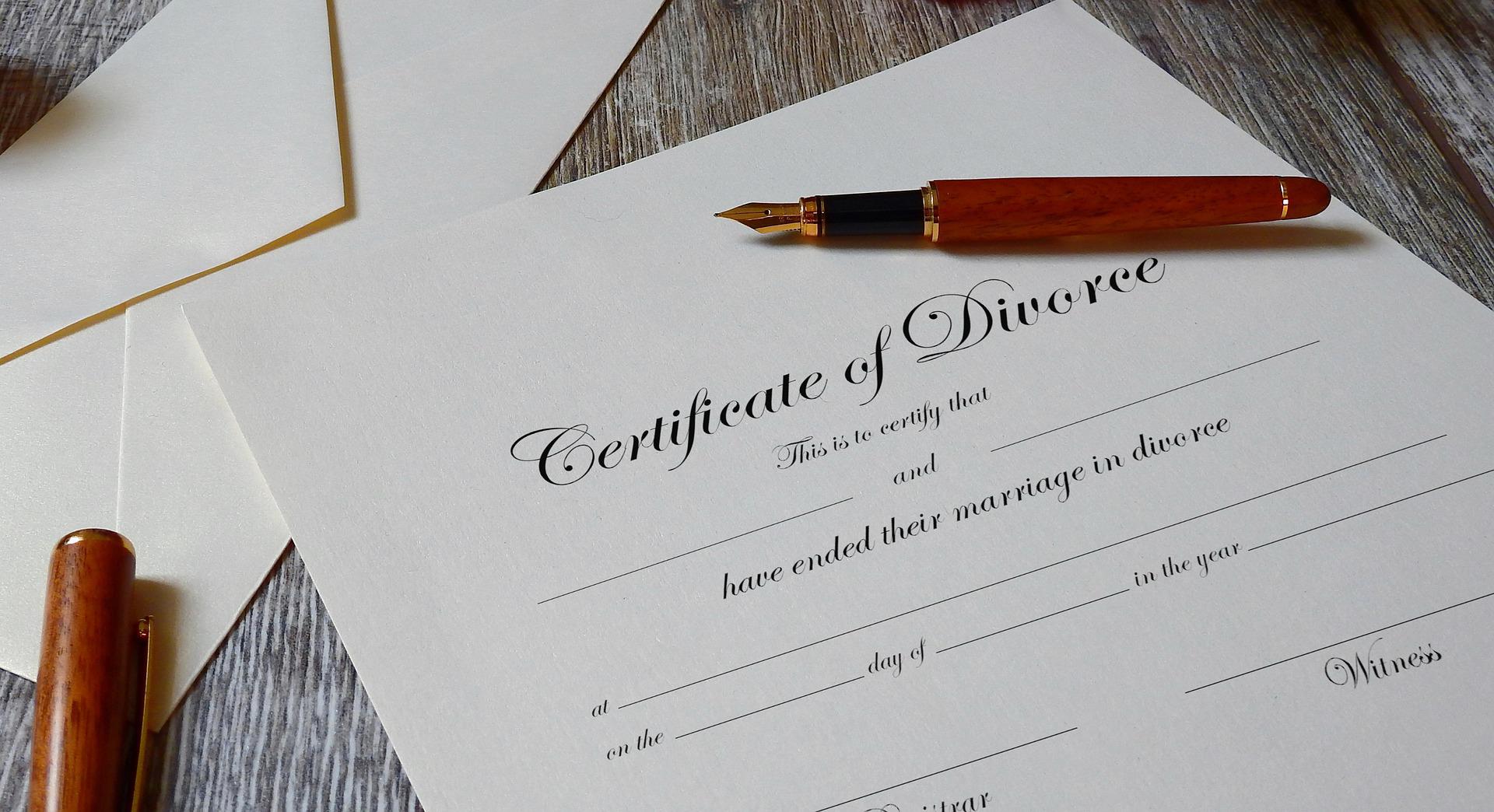“For better for worse… till death do us part…” those are the usual lines in the wedding vows. Alas, the reality is never that simple. Relationships get messy and sometimes the only way to save a marriage is to end it.
Getting a divorce in Canada is a fairly straightforward process. However, the psychological and emotional trauma behind the decision means people go through the experience differently. If you’re thinking of filing for divorce, our Toronto family law attorney here at Atlas Law Group can help. Let’s walk you through the process so you know what to expect.
Before you can file for divorce, you must meet three criteria:
1. You and your spouse must be legally married in Canada or in a country where your union is legally recognized.
2. At least one of you must have lived in Canada for a minimum of one year before the divorce filing.
3. There must be an intent from at least one of you for the separation to be permanent with no chance of reconciliation.

Contrary to common belief, a divorce may be granted even if the other party doesn't want it. The court recognizes three valid grounds for divorce — infidelity/adultery, physical or mental abuse, and separation for at least one year.
‘Divorces in Canada are governed at the federal level under the Divorce Act. It also sets out the rules for dealing with corollary relief issues related to divorce, including:
While the circumstances of individual cases are unique, there are common steps required for filing a divorce in Canada.
This application may be filed with the court before or after you begin your 30-day Separation period. If you already have a Separation Agreement, you’ll need to submit it alongside the divorce application.
After filing the necessary paperwork with the court, your spouse and their legal counsel must be served with their copy through a process server.
Your spouse will have 30 days to file an Answer document upon receipt of the divorce papers. The document will outline any claims in the divorce application that your spouse does not agree with, as well as their own claims.
If the court doesn't receive an Answer document from your spouse within the 30-day period, the court will deem your divorce to be ‘uncontested.’ In the event of an uncontested divorce, the court may grant your claims listed in the divorce application without further notice to your spouse.
If your spouse sends an answer to your divorce claims within the allotted period, you will have 10 days to file a Reply document and dispute any of their claims that you find disagreeable. If you don’t file a Reply document, then the process moves on to the next step.
This is when you and your spouse, along with your respective lawyers, meet at court in front of a Judge. It’s a preliminary meeting where both parties get the chance to discuss outstanding issues. The meeting is also intended to see if a resolution can be reached either by way of agreement or court order.
This is when both parties exchange relevant information (bank statements, tax returns, payslips, etc.) to support or disprove claims made by either party. If you have children with your spouse, there will also be assessments regarding custody and accessibility once the divorce is finalized.
This is when the parties and their lawyers meet with a Judge in an attempt to settle the issues regarding the separation. If both parties reach an agreement here, then the terms will be incorporated into an order and the divorce will be granted. If you fail to reach an agreement, then the matter will proceed to a trial where a judge will make the final decision.
This will ultimately depend on how long it takes for you and your spouse to reach an agreement regarding the divorce. Hiring a divorce lawyer can help you navigate the divorce process and speed up discussions so both parties can reach an agreement quicker. More importantly, they can help ensure that your rights are protected throughout the process and even after.
Going through a divorce can be a complicated and often emotionally draining process. Our team at Atlas Law Group can help ease the stress of navigating complex family and divorce law matters. We pride ourselves on making processes that are a pain in the neck seamless.
As a modern company, we employ digital solutions to make things as easy as possible for our clients. With us, you only need to visit our office once as opposed to having to make multiple visits, which can be inconvenient, especially during such a difficult time. Schedule your consultation today by calling +1 905-502-8786 or by sending us a message through our contact form.
